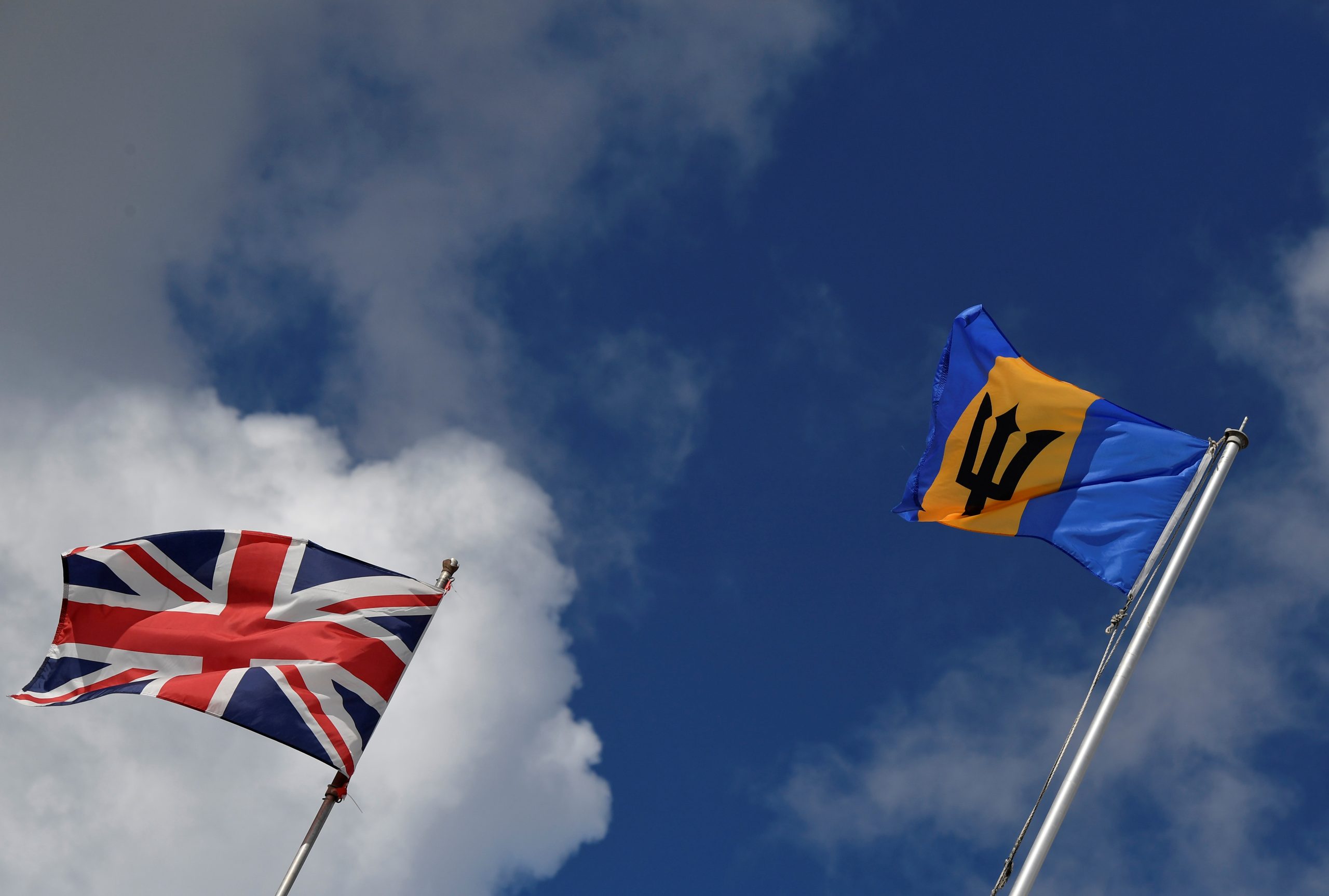Toronto FC captain Jonathan Osorio is making a difference, 4,175 kilometres away from home.
The 32-year-old Canadian international midfielder, whose parents hail from Colombia, has been working with the Canadian Colombian Children’s Organization, a charity whose goal is to help disadvantaged youth in the South American country.
Osorio has worked behind the scenes, with no fanfare.
Until now, with his benevolence resulting in becoming Toronto FC’s nominee for the Audi Goals Drive Progress Impact Award, which honours an MLS player “who showed outstanding dedication to charitable efforts and serving the community” during the 2024 season.”
Other nominees include Vancouver Whitecaps midfielder Sebastian Berhalter and CF Montreal goalkeeper Jonathan Sirois.
The winner will be announced in late November.
The Canadian Colombian Children’s Organization (CCCO) is run entirely by volunteers like Monica Figueredo and Claudia Soler. Founded in 1991, it received charitable status in 2005.
The charity currently has four projects on the go: two in Medellin and one each in Armenia and Barranquilla.
They include a school, a home for young girls whose parents are addicted to drugs, after-school and weekend programs for children in a disadvantaged neighbourhood, and nutrition and education help for underprivileged youth.
The organization heard about Osorio and was put in contact with him via an intermediary, which led to a lunch meeting. Osorio did his due diligence and soon got back to the charity with his decision.
“It was something that I wanted to be a part of right away,” said Osorio, whose lone regret is that he didn’t get involved sooner.
“I’m fortunate now that to help more now that I could have back then,” he added. “The timing actually worked out for everybody. For the last three years I have donated to their cause and we’ve built a couple of (football) fields in different cities over there in the schools.”
His father visited one of the sites in Armenia close to his hometown.
“He said it was amazing, the kids, how grateful they are to be able to play on any pitch, really,” said Osorio. “But to be playing on a new pitch, they’re just so grateful and so humble.
“It really makes it worth it being part of this organization.”
The collaboration has also made Osorio take stock.
“We’re very fortunate here in Canada, I think, for the most part. Kids get to go to school and have a roof over their head and things like that. In Colombia, it’s not really the same case. My father and his family grew up in tough conditions, so giving back is like giving back to my father.”
Osorio’s help has been a godsend to the charity.
“We were so surprised with how willing he was,” said Soler.
The TFC skipper has helped pay for a football field in Armenia as well as an ambitious sports complex under construction in Barranquilla.
“It’s been great for them,” Figueredo said of the pitch in Armenia. “Because when they go to school, now they have a proper place to train.”
Osorio has also sent videos encouraging the kids to stay active — as well as shipping soccer balls and signed jerseys their way.
“They know more about Jonathan than the other players in Colombia,” Figueredo said. “That’s the funny part. Even though he’s far away, they’ve connected with him.”
“They feel that they have a future, that they can do more,” she added. “Seeing that was really, really great.”
The kids also followed Osorio through the 2022 World Cup and this summer’s Copa America.
Back home, Osorio has also attended the charity’s annual golf tournament, helping raise funds.
A Toronto native, he has long donated four tickets for every TFC home game to the Hospital for Sick Children.
Vancouver’s Berhalter was nominated for his involvement in the Whitecaps’ partnership with B.C. Children’s Hospital while Montreal’s Sirois was chosen for his work with the Montreal Impact Foundation.
—
Follow @NeilMDavidson on X platform, formerly known as Twitter
This report by The Canadian Press was first published Oct. 21, 2024.
